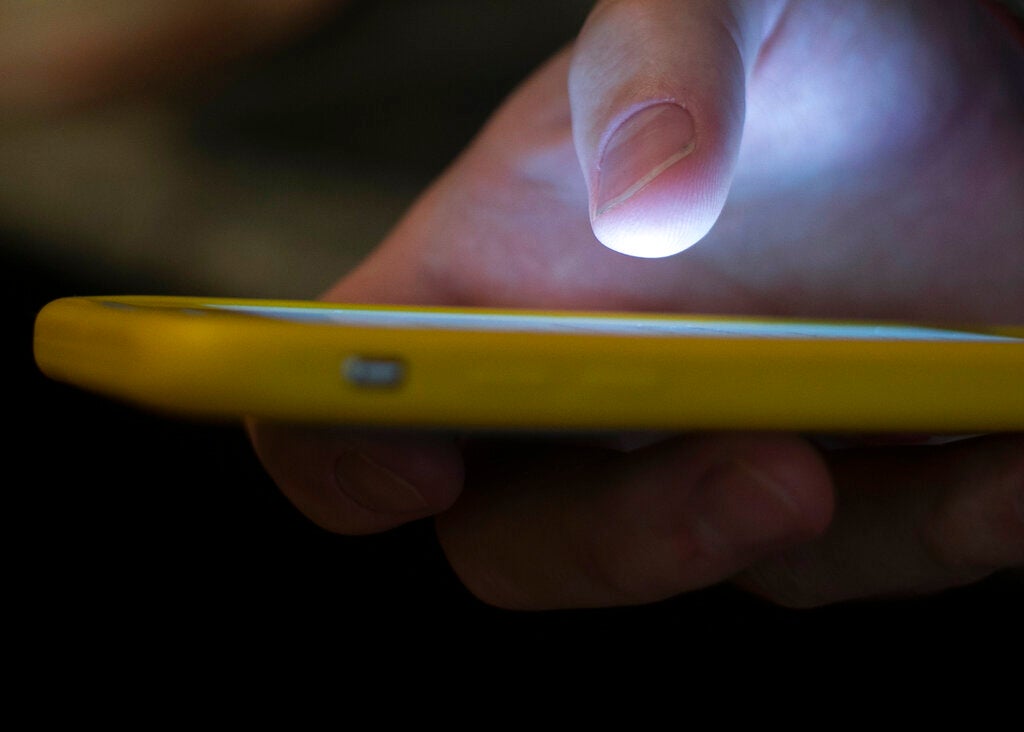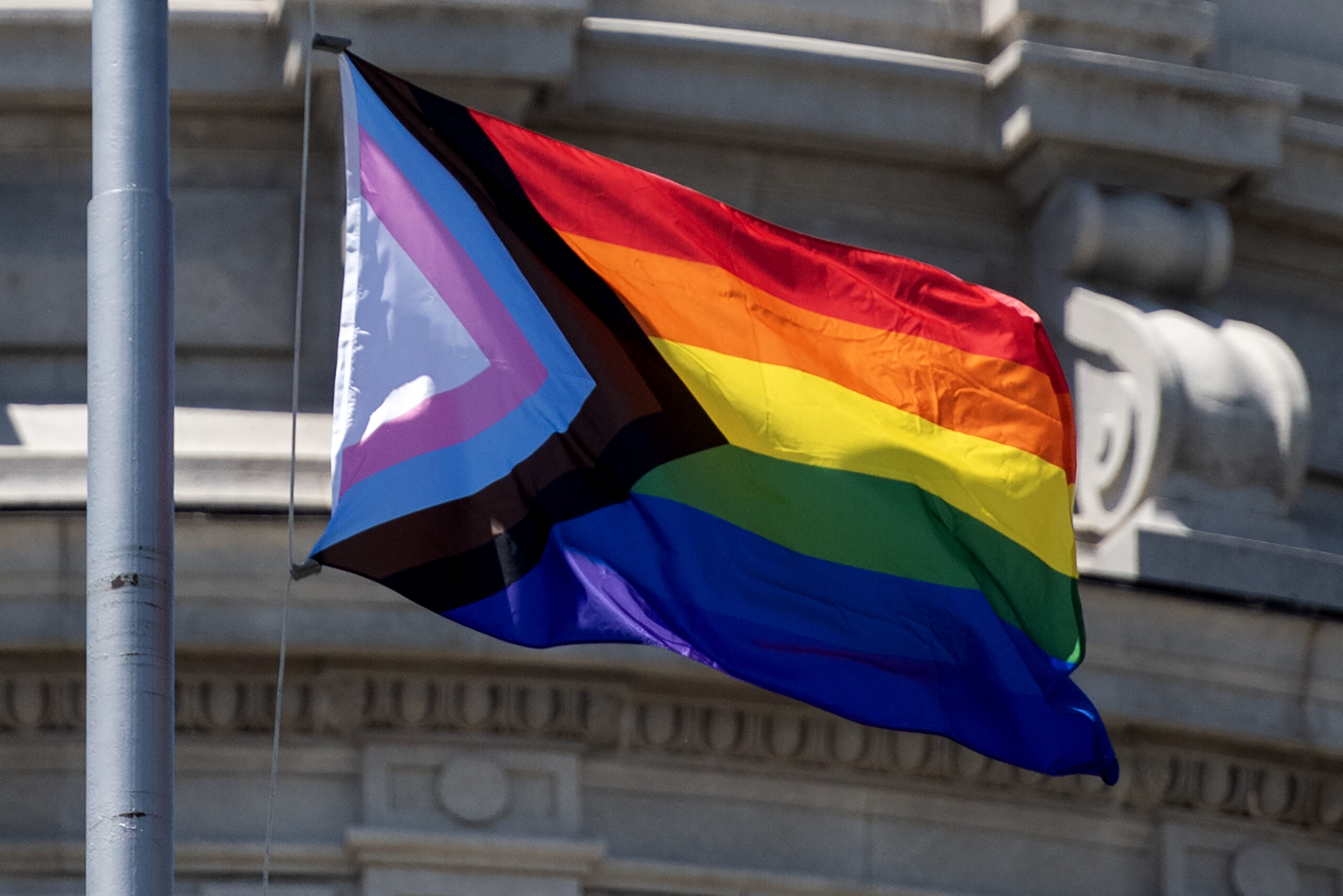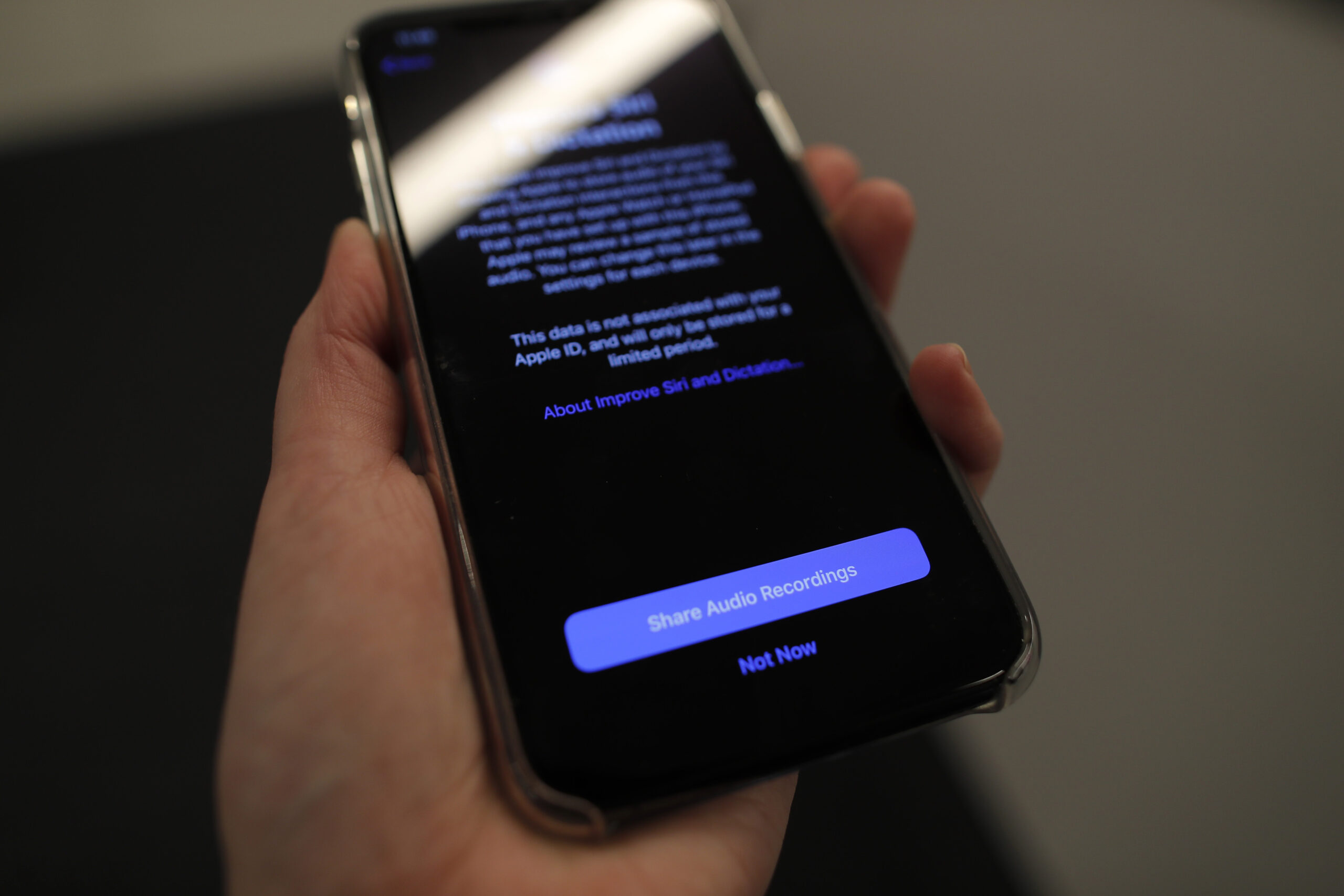Calls to Wisconsin’s suicide and crisis lifeline have skyrocketed in the months since the hotline switched to a simplified 988 number, federal data shows.
Crisis centers across the country debuted the 988 number on July 16, as part of a bipartisan bill signed by former President Donald Trump about two years prior. The hope is that the three-digit hotline — available for free to anyone struggling with thoughts of suicide, substance abuse or other mental health emergencies — will be easier to remember than the previous 10-digit number for what was known as the National Suicide Prevention Lifeline.
Thus far, the switch appears to have coincided with significantly higher call volumes nationwide, and Wisconsin has been no exception.
News with a little more humanity
WPR’s “Wisconsin Today” newsletter keeps you connected to the state you love without feeling overwhelmed. No paywall. No agenda. No corporate filter.
Between August and December 2022, for example, Wisconsin’s 988 crisis lifeline received 29,501 calls, a 66 percent jump in call volume compared to the same time period in 2021.
During the last five months, 78 percent of the calls received in Wisconsin were answered in-state and 13 percent were sent to back-up call centers. Nearly 9 percent of the calls were considered “abandoned” because they were disconnected before the caller interacted with a counselor at an in-state center. That might happen because the caller hung up or because of technical glitches like phone carrier interruptions.
Officials are working to hire more people, including remote workers, to staff Wisconsin’s crisis call center, Caroline Crehan Neumann, crisis services coordinator for Wisconsin’s health department, told Wisconsin’s Public Radio’s “Central Time” this week. Wisconsin’s Department of Health and Human Services contracts with Family Services of Northeast Wisconsin to manage the center.
“There is a staffing shortage, and it’s no surprise that this work is incredibly challenging,” Crehan Neuman said. “In some ways, the pandemic has opened up a remote workforce, and we’ll make that possible and easier for us to make 988 a success.”
On average, callers to Wisconsin waited 23 seconds for an answer after listening to an automated greeting, and they spent more than 14 minutes talking to a counselor, according to data from December 2022.
People in Wisconsin can also text 988, or they can send an online chat message at 988lifeline.org.
“Texting is a really appealing option, especially for those that are maybe younger and just more comfortable with the anonymity of text and the accessibility,” Crehan Neumann said on “Central Time.”
Wisconsin’s lifeline fielded 367 text messages and 428 web chats last month, with the vast majority of those contacts referred to national call centers. The goal is to eventually handle more of those messages in-state as Wisconsin onboards more counselors, a Wisconsin DHS spokeswoman said.
Wisconsin’s health department received federal funding for its 988 lifeline launch, including a $1.7 million grant from the Substance Abuse Mental Health Services Administration. And during his State of the State address Tuesday night, Gov. Tony Evers called 2023 “the year of mental health” while highlighting the hotline. He promised to send $3 million in state funding over two fiscal years to the call center’s operating costs, an allocation that would need approval by state lawmakers.
“We cannot look back two years from now as we prepare the next budget and wonder whether we should’ve done more and sooner to take good care of our mental health,” Evers said. “Let’s take this seriously, and let’s start today.”
Federal law also allows states to bankroll their 988 systems in a way similar to how 911 is funded by charging fees for phone lines, although such fees haven’t been implemented for 988 in Wisconsin.
If you or someone you know is considering suicide, call the suicide prevention lifeline at 988 or text “Hopeline” to 741741.
Wisconsin Public Radio, © Copyright 2025, Board of Regents of the University of Wisconsin System and Wisconsin Educational Communications Board.





